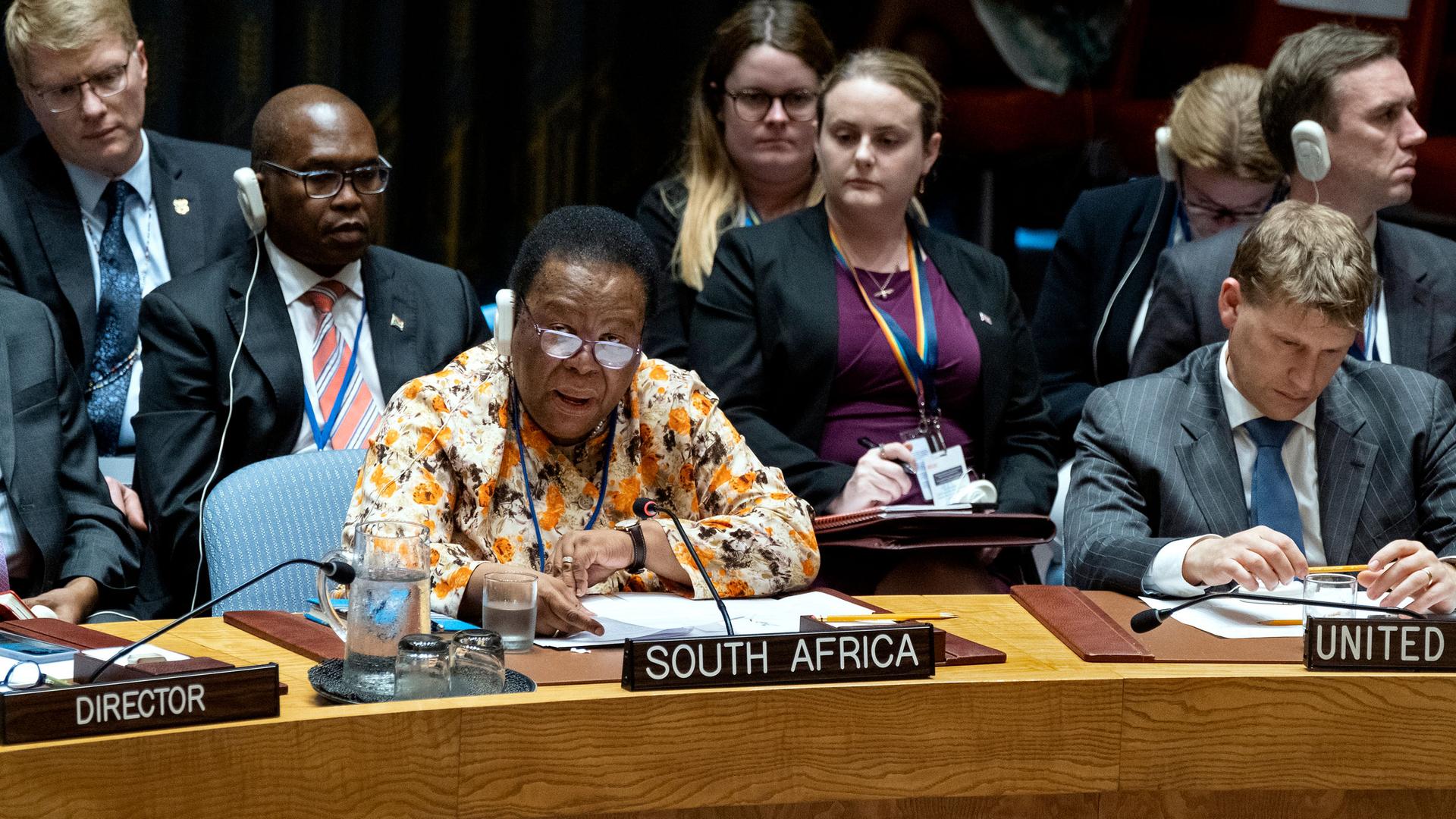‘We want Africa to take its place’: African leaders call for more representation at UN Security Council
Over the course of the war in Ukraine, concerns about the effectiveness of the United Nations — especially the Security Council — have continued to grow.
“This security council was laden with so much power and authority to ensure that there is global peace and security,” said Nigerian academic George Mbara about the history of the council.
But for many, the institution’s failure to end the wars in Ukraine and Ethiopia has brought calls for change.
For years, demands for reform have also come from African leaders, who argue that they deserve more representation on the council given the large percentage of council issues that involve Africa.
“As Africans, we want reform of the Security Council. We want it now, and we want Africa to take its place there.”
“As Africans, we want reform of the Security Council. We want it now, and we want Africa to take its place there,” said Gabon’s Ambassador to the UN Michel Xavier Biang this month.
The council is composed of 15 members, with only five permanent members: China, Russia, the United Kingdom, the United States and France. African countries Gabon, Ghana and Kenya currently hold non-permanent positions.
In 2005, under the Ezulwini Consensus, African countries jointly said they should be given two permanent seats on the council, and five non-permanent seats.
If that were to happen, however, Mbara said there is a lot to consider.
“How stable are their local economies? How stable is their civil populace, do they have the support of their people? And thirdly, what is their role in their regional politics?” he asked.
While the idea has gotten more support from beyond Africa, including recently by US President Joe Biden, many are skeptical.
“You are going to make it harder, almost certainly, to do business,” said Elliot Abrams of the Council on Foreign Relations.
“The larger the group becomes, the more difficult it is, the more unwieldy it is to get votes and to get things done,” he added.
